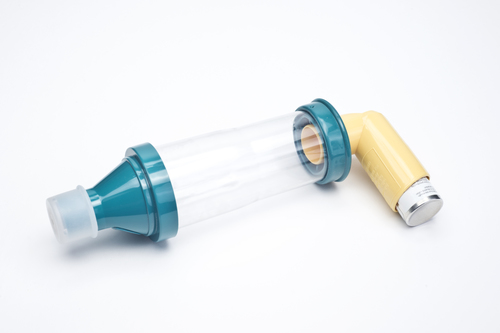Inhaler device handling errors are associated with an increased risk of severe chronic obstructive pulmonary disease (COPD) exacerbations, leading to a higher proportion of patients requiring hospitalisation or emergency room treatment.
The study, published in the ERJ, asked 212 GPs and 50 pulmonologists to provide assessment on the use of inhaler devices of 2,935 patients who were over the age of 40 years, were current or ex-smokers of more than 10 years, and who had been using an inhaler device for more than 1 month for continuous treatment of COPD. Patients were requested to take a puff of their regular inhaler device and were rated for technique by physicians.
The results showed that handling errors were observed in over 50% of cases regardless of the device used. The most common errors were failure to breathe out before actuation (22.5%), inhalation through the nose (22.2%) and not holding breath a few seconds after inhalation (26.9%).
In patients treated for at least 3 months, the rate of severe exacerbations doubled between patients with no error (3.3%) and patients with at least one critical error (6.9%), suggesting poor technique is responsible for less effective clinical outcomes and an increased risk of COPD exacerbation.
The authors conclude that inhaler errors, which are not taken into account in clinical trials, are reducing treatment benefit in the real-world. They believe that physicians should aim to improve patient technique of inhaler use, instead of focusing on the choice of inhaler characteristics, to reduce the frequency of COPD exacerbations.
Read the accompanying editorial
Watch the ERS Vision video on the importance of real-world evidence





